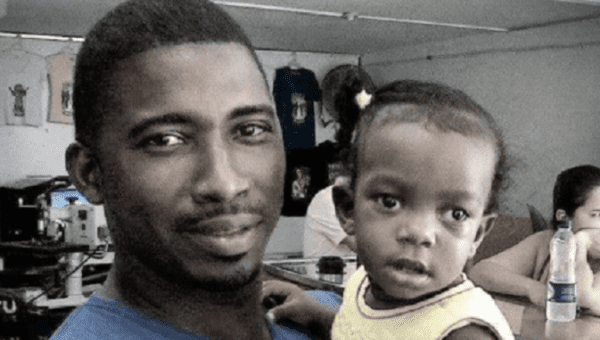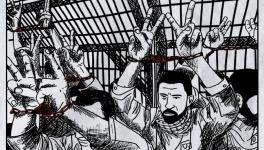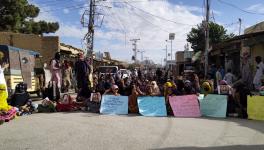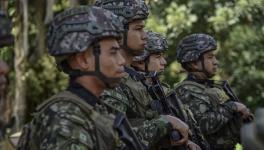Amid Peace Talks, 2 More Social Leaders Assassinated in Colombia

Orlando Gruesa, an ex-FARC member, was working to help campesinos in the region transition from growing illicit coca crops to other alternatives.
Amid peace talks between the National Liberation Army, ELN, and the Colombian government, two more campesino leaders were assassinated on Friday in the municipality of Guapi, in the Cauca department of Colombia.
Human rights defenders Orlando Grueso, a former guerrilla, and Jonathan Cundimi, a local activist, were working to help campesinos transition from growing coca crops to alternative crops in the region. Grueso was reportedly a former member of the Revolutionary Armed Forces of Colombia, or FARC.
Ever since the launch of the government's national substitution program in May 2017, conflict over cultivating coca leaves, the base ingredient for cocaine, has escalated as the government has mounted pressure on campesinos to stop the practice altogether and replace it with growing cocoa, coffee or banana.
Both the leaders were members of the Ethnic and Popular Movement of the Pacific, MOEP, the National Coca, Marijuana and Poppy Growers Coordinator, Coccam, and the Political and Social Movement of the Patriotic March in Cauca.
Marino Grueso, Orlando's brother, confirmed he was assassinated while meeting with a regional leader and representative from the Cauca region, Ancizar Barrios, along with Aida Avella, a left-wing political leader of the Patriotic Union.
Several social movements in the region have denounced the death of the two leaders.
Jhonatan Centeno, a fellow human rights defender, told local media: "Orlando was a great leader of the Patriotic March and promoted the process of voluntary substitution of crops for illicit use."
Nearly 170 social leaders have been killed in Colombia in 2017, according to the Institute of Studies for Peace Development, Indepaz, a Colombian non-governmental organization.
Indepaz director Camilo Gonzalez Posso said, "The rise in homicides is over two main conflicts: (access to) land and (natural) resources. This latter refers to the rentiership in illegal mining and cultivation of illicit crops."
Until November 2016, the FARC controlled most of the coca-growing territories in the country, but after they signed the peace deal with the government, the government also pledged to banish growing the illicit crop in the region.
Disclaimer: The views expressed here are the author's personal views, and do not necessarily represent the views of Newsclick.
Get the latest reports & analysis with people's perspective on Protests, movements & deep analytical videos, discussions of the current affairs in your Telegram app. Subscribe to NewsClick's Telegram channel & get Real-Time updates on stories, as they get published on our website.
























